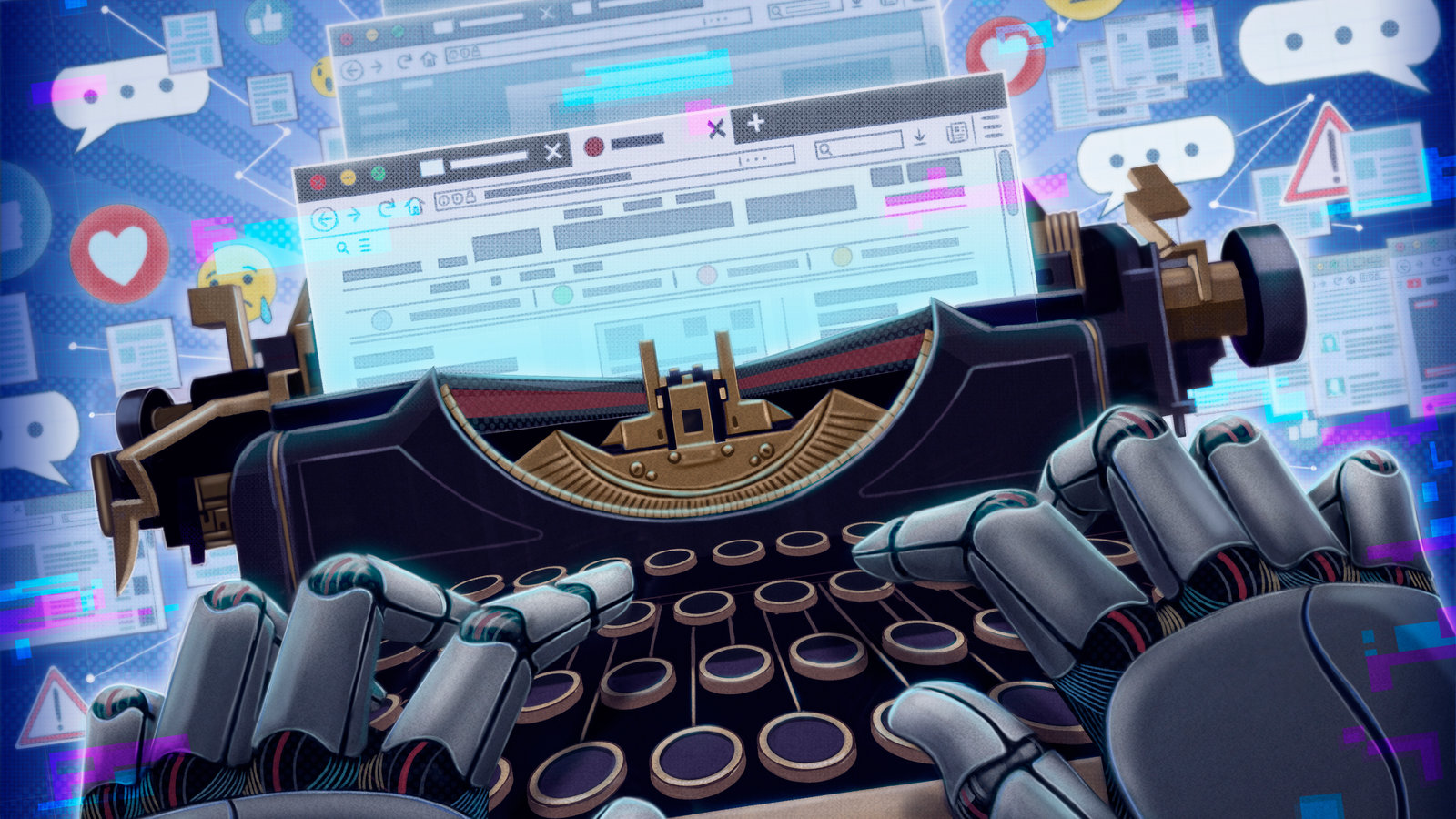
Can AI Replace Literary Reporters? Expert Insights
Pitchwars – Newsrooms around the world are facing a big shift. New technology writes fast, gathers information in seconds, and learns writing styles by scanning huge amounts of text. Because of this, many people ask an important question: will AI replace literary reporters, or will human writers continue shaping emotional, powerful stories?
To imagine the difference, think of two moments. In one moment, a software system scans thousands of articles and creates a short report right away. In the second moment, a reporter sits in a small living room, listening quietly to someone share a painful memory. One situation is efficient. The other is emotional. While both produce writing, the second carries heart and real presence. Therefore, people wonder whether technology can match real human connection and whether AI replace literary reporters fully in the future.
Readers often do not want only facts. They also want feeling, scene, tone, and detail. They want to understand real lives through stories, not just receive information. As a result, the question about whether AI replace literary reporters is not only about speed or accuracy. It is also about trust, empathy, and human truth in storytelling.
Read More : How Music Shapes Mood and Productivity
Why This Debate Matters to Everyone

This debate is not only about media companies or writers. In fact, it concerns culture and memory. Stories shape how we understand the world. When we talk about whether AI replace literary reporters, we talk about who will tell our most meaningful experiences. Machines can explain information, but humans live it. That difference matters.
What Makes Literary Reporting Special
Literary journalism mixes fact and narrative. It uses:
-
Real observation
-
Scene and setting
-
Human emotion
-
Dialogue and voice
-
Time spent in real places
-
Deep character understanding
Because of these unique elements, many experts doubt that AI replace literary reporters in roles that need deep emotional understanding and patience.
Where AI Performs Well
Artificial intelligence has strong abilities. For instance, it can:
-
Scan archives fast
-
Suggest structure
-
Spot patterns
-
Generate summaries
-
Correct grammar
-
Translate text
-
Support research
In addition, AI can save reporters time by organizing information. However, even with these strengths, AI does not feel emotion or build trust. Therefore, it helps more than it replaces, making the idea of AI replace literary reporters less certain.
Human Presence and Emotional Intelligence
Human reporters listen, wait, and feel. They sit in real places, watch gestures, hear tone, and notice silence. Meanwhile, AI only interprets data. It cannot sense a shaking voice or understand a tear forming before it falls. As a result, emotional depth makes it difficult for AI replace literary reporters in storytelling that needs empathy and lived experience.
Ethical Concerns in AI-Generated Journalism
Technology offers speed, but it also brings risk. For example:
-
Fake information can spread
-
Style copying may be unethical
-
Machine biases may show in text
-
Trust may weaken
-
Accountability becomes vague
Because journalism depends on honesty and trust, ethical problems make many professionals uncomfortable with a world where AI replace literary reporters completely.
How AI Helps Reporters Today
Even though AI cannot replace emotional talent, it is already useful. It supports:
-
Fact-checking
-
File search
-
Audio transcription
-
Topic ideas
-
Quick background research
-
Timeline creation
With these tools, journalists can spend more time in the field and less time sorting documents. Therefore, instead of having AI replace literary reporters, many see a future where technology works beside writers, not instead of them.
What Readers Still Need From Stories
Readers enjoy powerful writing because it feels real. They want scenes that touch the heart. They want stories with surprise, kindness, pain, and hope. Because of this, audiences continue looking for longform pieces that feel human. That demand makes it difficult for AI replace literary reporters to dominate storytelling that depends on emotion and authenticity.
Human vs AI Narrative Voice
When AI writes emotional content, it often:
-
Sounds flat
-
Misses personal detail
-
Repeats ideas
-
Avoids uncomfortable truth
-
Uses generic tone
On the other hand, human writers bring:
-
Vulnerability
-
Honest mistakes
-
Real sensory details
-
Unexpected feeling
-
Unique style
Therefore, many editors believe AI replace literary reporters cannot happen at a creative level, even if AI improves basic newsroom tasks.
What Industry Experts Predict
Media leaders and writing scholars often say:
-
AI will change workflow
-
Writers must learn tech tools
-
Trust matters more than speed
-
Personal voice still has value
For this reason, the most likely future is a mix of human skill and smart machines. As a result, the idea that AI replace literary reporters completely is unlikely in thoughtful, narrative storytelling.
A Shared Future for Machines and Writers
AI can help gather facts. Humans must shape meaning. AI can draft plain text. Writers give life to stories. AI can analyze patterns. Reporters must feel the world. Therefore, instead of watching AI replace literary reporters, we may see something more balanced—technology handling tasks, and humans holding the heart of the story.
Final Reflection: The Voice That Remains Human
Machines may become clever, but they cannot live human experience. They do not sit by hospital beds, walk through protest crowds, or share quiet tea with a grieving parent. Real stories come from lives, not circuits. In the end, the question of whether AI replace literary reporters is also a question about who we trust to tell what it means to be human.